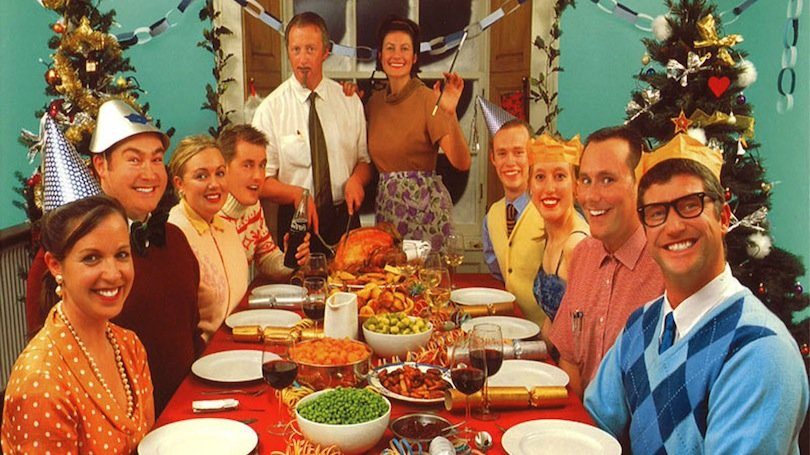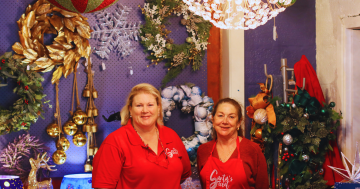
The pressure for a perfect festive season can create spectacular fights in many families. Photo: File.
Peace, goodwill to all, and a wonderful time of festivity, joy and sharing are what we mostly wish for at Christmas. But for every family happily tucking into leftover ham while watching the Boxing Day Test and contemplating a dip, there’s another nursing sore hearts and wondering why Christmas can be so uniquely horrible.
The stark reality about our most hyped holiday season is that it leaves lots of us feeling bruised, hurt and desperately sad about what’s supposed to be the family highlight of the year.
Most of us go in with the best of intentions. We cook, clean, plan and shop for weeks, trying to keep the budget under some kind of control and hopefully, bring joy to those we love. In the Christian view, Christmas reflects innocent new life and new beginnings. Its pagan origins are about bringing light and hope into the midwinter darkness.
So really, it’s the perfect combustible firecracker, isn’t it? High expectations, people pushing themselves to the limits, too much money spent on objects of too little value. In Australia, add sky-high temperatures and often way too much booze. No wonder the rifts that opened over the pavlova at 3 pm are still yawning wide in July. Or that some of us are positively frightened of Christmas and all the pain it brings.
British research from several years ago found that the average family in the UK will have at least five rows at Christmas, and depressingly often with the same people and about the same thing as last year: who is doing all the work, what the relative value of presents is, who is drinking too much.
The fact that the festive season has turned into a consumer fever dream that runs for weeks doesn’t help with the stress, and neither does the expectation that everyone will be happy, damn it. Because if you’re not happy, you’ll make Aunty Joyce unhappy, or Grandma. Or the relatives from Darwin we never see. Or the neighbours we asked as a goodwill gesture who are now seeing all this tension unfold, embarrassingly, in the kitchen.
If you’re reading this now it’s probably too late. Words have been said, doors have been slammed and you’re wishing you’d just stayed home to watch Love Actually and indulge your Christmas fantasies from the sofa instead of playing them out on the extended family stage, having unexpectedly been cast as the villain.
What to do? First, family counsellors from Relationships Australia and similar organisations say, we should remember that awful as it feels, these fights are very common, very human, very ordinary events. Nobody has failed life because there’s a barney over the pudding. It’s not a sign you are definitively dysfunctional or that your family is breaking under unbearable stress. It’s just a pressured time for everyone.
So try not to assign it more lasting value than it really, truly has. If the same fight happened mid-February or last October, would it hurt as much? Accusations about “wrecking Christmas” are a value judgement that only enhances the pain.
Secondly, don’t try to sort it all out now. Christmas is always a bit of a powderkeg and big issues with deep roots can wait until everyone’s calmed down and gained a bit of perspective. If the fight’s been huge, give yourself a bit of quiet time, too, to process the emotions.
Be the first one to say sorry, even if you didn’t start the argument. An apology will open the gates for forgiveness, and someone has to break the ice.
If you can see a pattern in these blow-ups that repeat from year to year, consider moving the venue or the timing of the family gathering to defuse the dynamic. If a couple of people always spark off each other, maybe plan to see them separately next year. Or create a gathering that’s all about helping others by volunteering at a charity Christmas lunch or for the RSPCA.
Learning and planning for next time will probably help too, but in the end, acceptance, resilience and a sense of humour help most. And always be nice to your mother because no matter what everyone is fighting about, she probably did most of the work.
What’s your best hint for family peace in the festive season?
Original Article published by Genevieve Jacobs on the RiotACT.
















